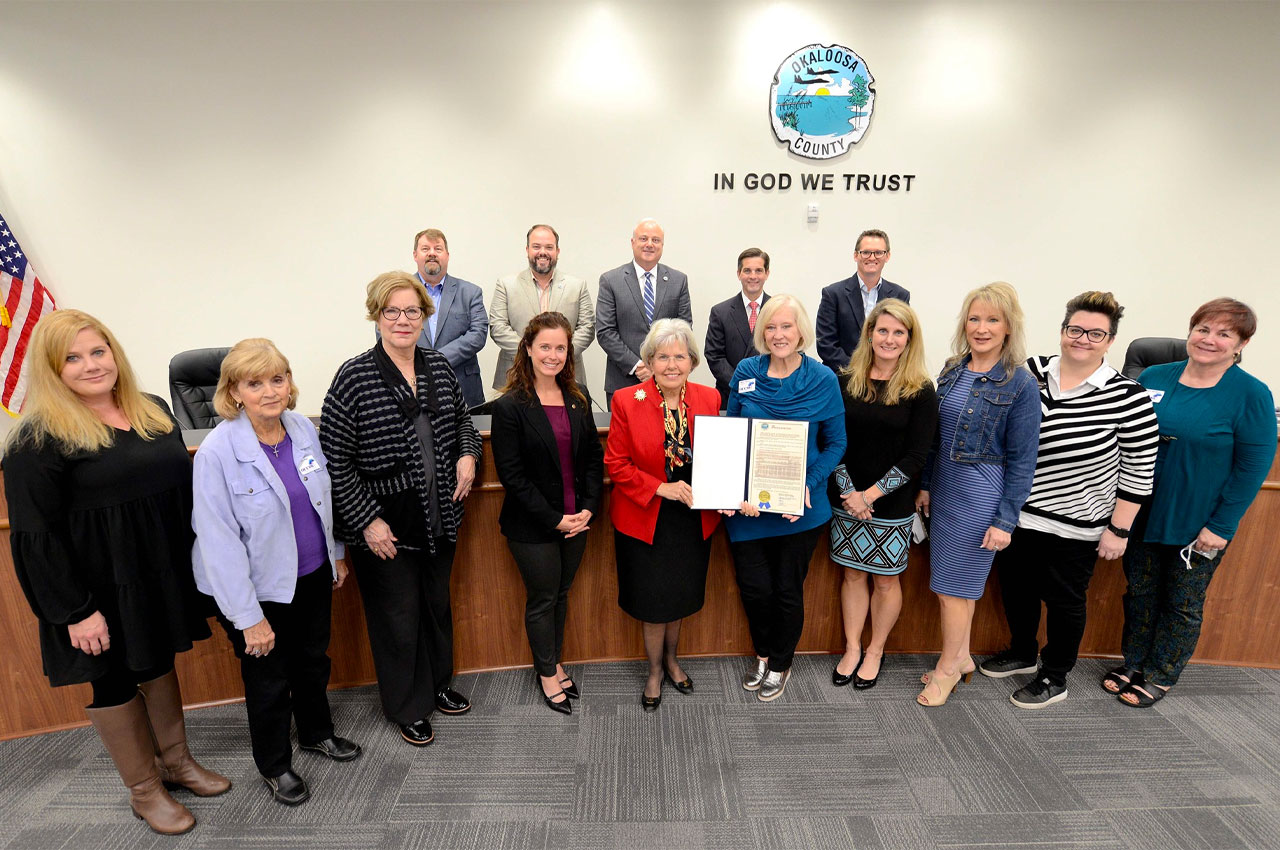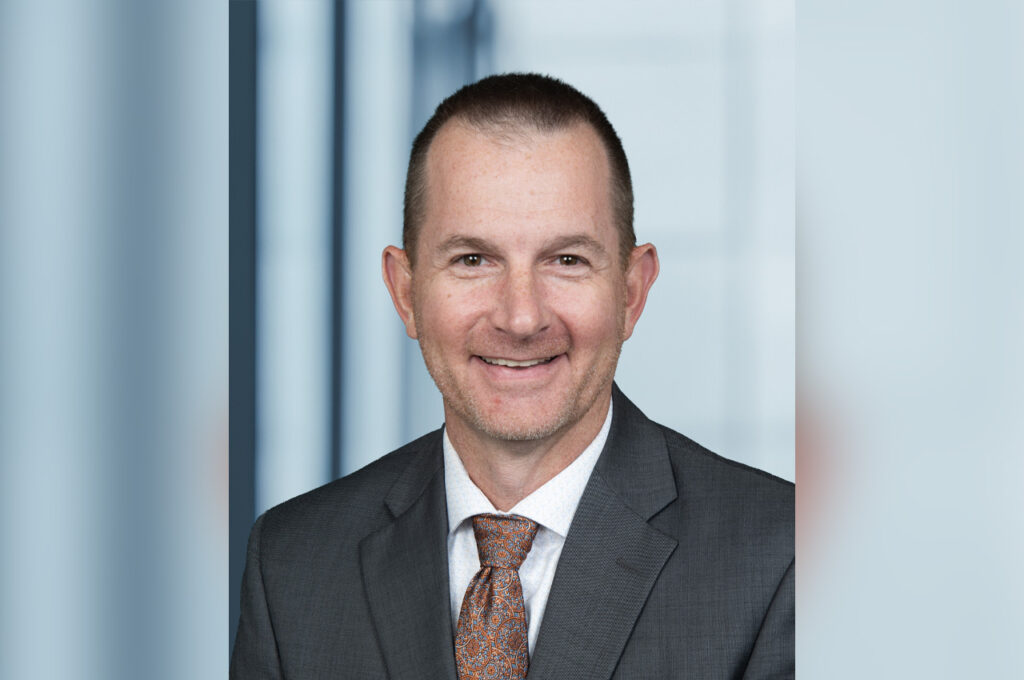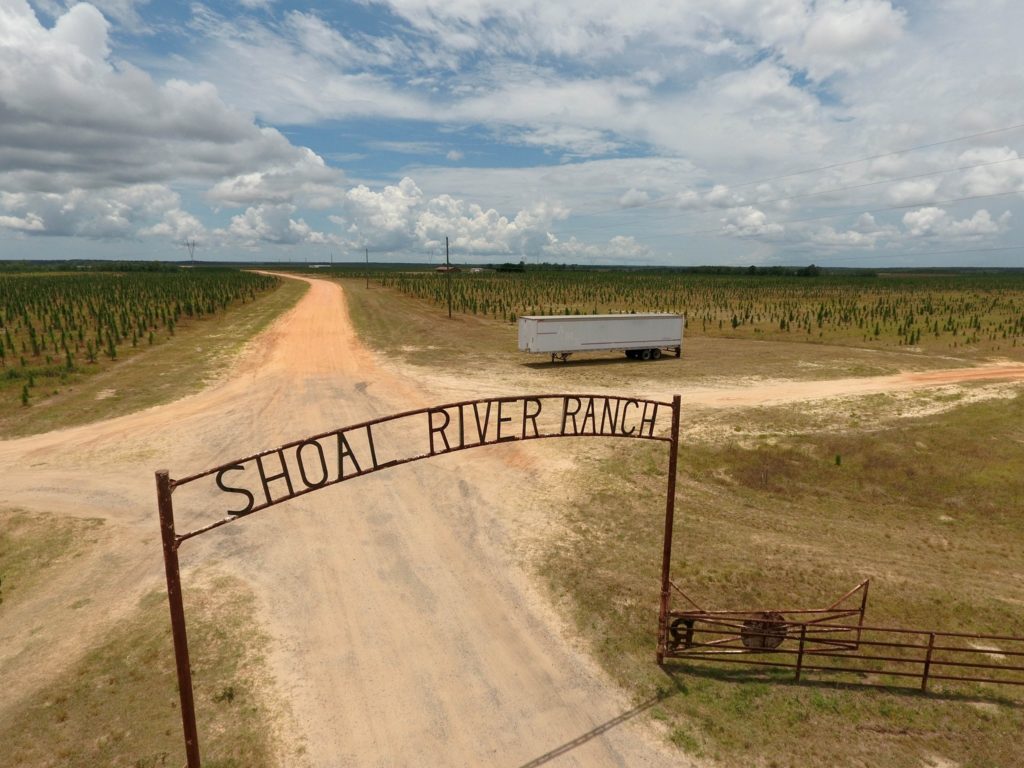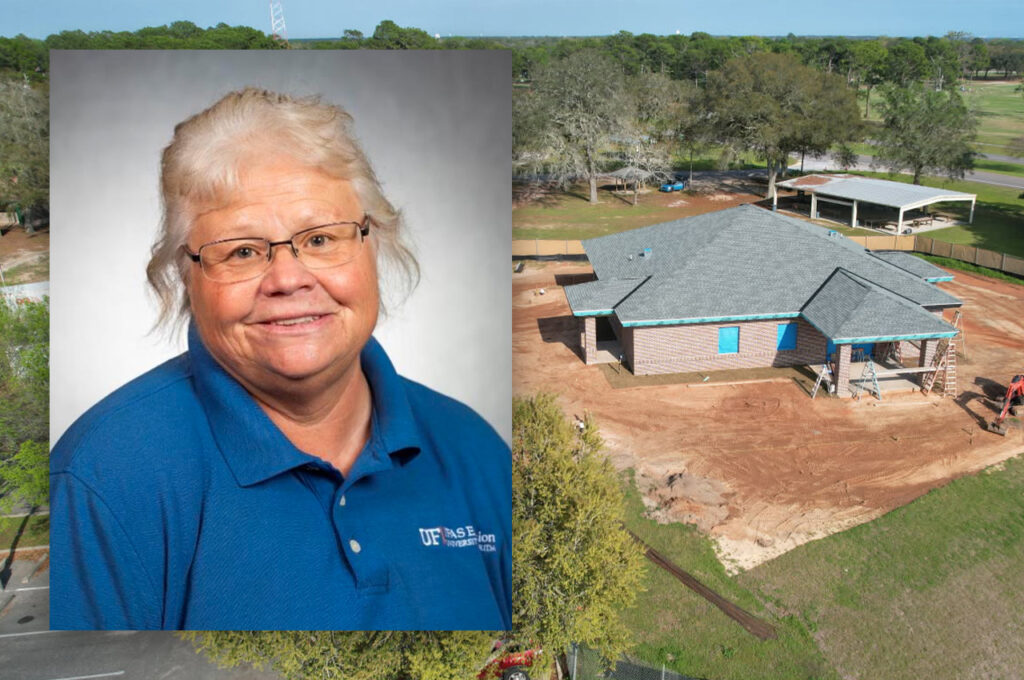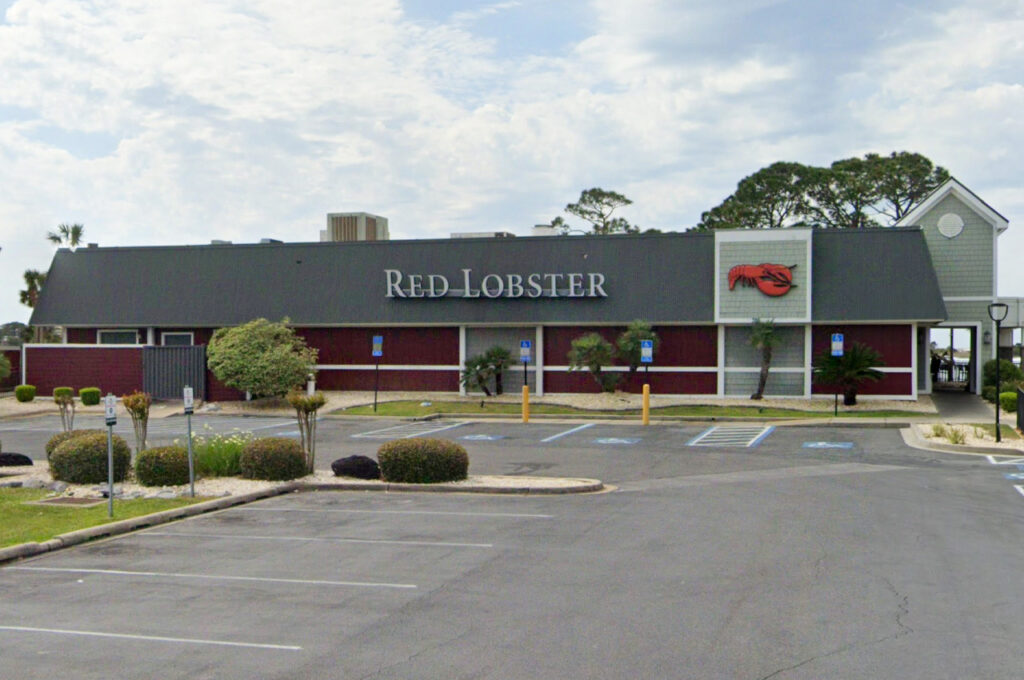On Tuesday, the Okaloosa Board of County Commissioners supported an effort to raise awareness to end human trafficking in our area with a proclamation that supports educating the public on spotting the warning signs of human trafficking and reporting it to the authorities.
The Okaloosa County Commission on the Status of Women led a series of meetings with stakeholders from various Okaloosa County women’s organizations and subject matter experts, including the Executive Director of the Florida Alliance to End Human Trafficking to discuss ways to fight human trafficking locally.
Human trafficking involves the use of violence, manipulation, force, fraud, or coercion to obtain some type of labor or commercial sex act.
- Things such as language barriers, fear of their traffickers and law enforcement frequently keep victims of any age, race, and gender from seeking help, allowing the perpetuation of human trafficking a hidden crime.
The proclamation states that “human trafficking, a form of modern-day slavery, occurs when people are subjected to sexual exploitation or labor through force, fraud, or coercion.”
- Florida continues to rank third in the nation in the number of calls to the National Human Trafficking Hotline.
- Industries commonly targeted by human traffickers are located in Okaloosa County as well as along Interstate 10, which has been used as a corridor for human trafficking.
According to the proclamation, victims include children, women, and men with the average age at which a victim is trafficked for commercial sex being between the ages of 12-14.
According to data collected by Polaris, the organization that operates the U.S. National Human Trafficking hotline, 15,222 females were trafficked in 2019, compared to 3,003 males.
“Human trafficking is often ‘hidden in plain sight,’ meaning that a victim may not appear to be subject to exploitation,” states the proclamation. “Captors typically use a strategy of recruitment, manipulation, intimidation, and abuse, causing intense trauma for human trafficking victims and fear keeps them from seeking help. Survivors may never get out unless the community is equipped to detect the warning signs.”
This is why local interventions are important for saving trafficking victims, and dismantling the criminal networks, which are often involved in other types of illicit activities, according to the Okaloosa County Commission on the Status of Women.
The Florida Alliance to End Human Trafficking, in collaboration with the Florida Forensic Institute for Research, Security and Tactics, developed online training to help detect human trafficking, best practices for reporting human trafficking, and interventions and treatment for survivors of human trafficking.

